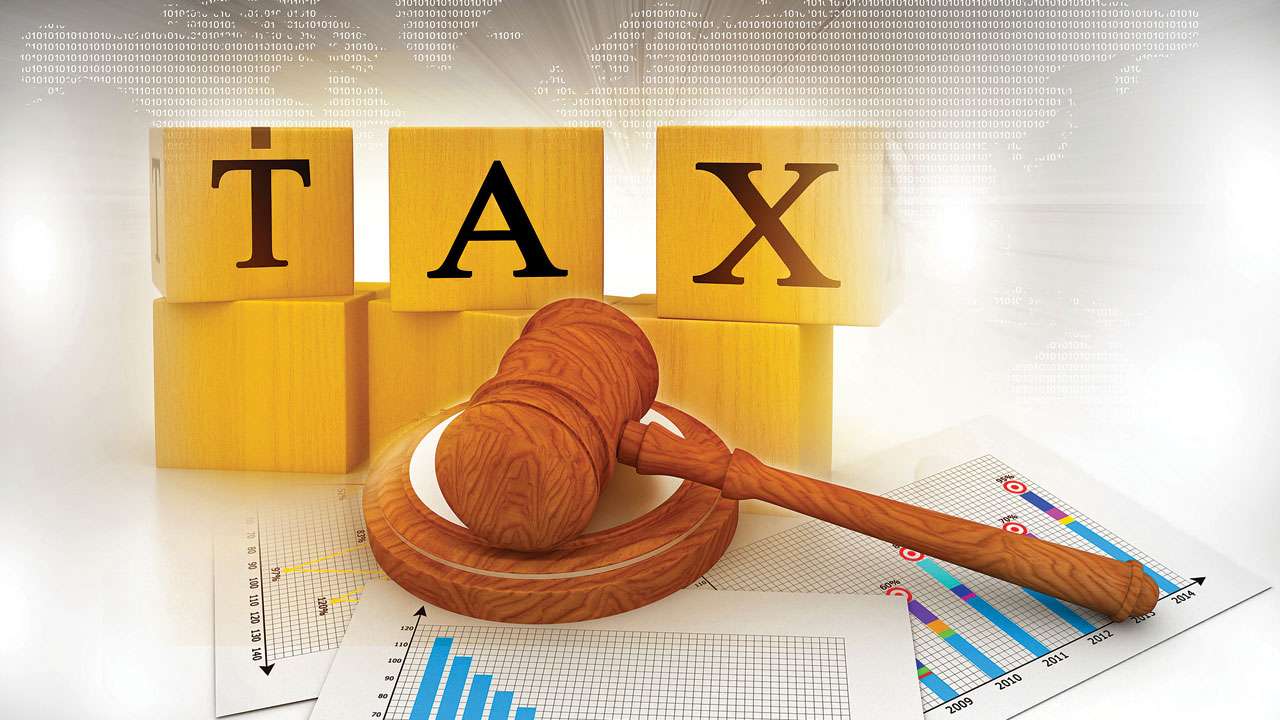
An individual taxpayer had sold a residential property on 16.5.2008 (relevant to assessment year 2009-10) for a consideration of Rs 46.65 lakh, but failed to file a return of income for the said assessment year.
Over a period of time, when the tax officer received information about the transaction of property sale, issued a notice to the taxpayer to the last known address (as per the records of the tax department), for reassessment of the income that has escaped payment of taxes. However, all of the multiple notices sent by the officer was never received by the taxpayer. In the absence of receipt of response from the taxpayer, the tax officer completed the assessment ex-parte under the relevant provisions of the Income Tax Act, 1961. The tax officer taxed the entire sale consideration of Rs 46.65 lakh as income from capital gains in the order dated October 14, 2016.
When the matter was appealed before the first appellate authority, the taxpayer submitted that none of the notices were received by him as the correspondences were sent to the same property address, which was sold by the taxpayer in 2008. It was only after the taxpayer's bank account was attached by the taxman, that the taxpayer approached the taxman and obtained copy of assessment order. After this, the taxpayer could file an appeal in April 2017, after a delay of approximately six months from the prescribed due date to file an appeal.
The first appellate authority condoned the delay in filing the appeal, but refused to admit additional facts that the taxpayer wished to submit at this stage. Thus, the appeal was dismissed without giving any relief to the taxpayer.
The taxpayer preferred the second appeal before the tax tribunal. Based on the facts, Bengaluru tribunal said that the tax officer was right in initiating the reassessment proceedings as the taxpayer had failed to file the return of income. The taxpayer had thus failed to disclose the sale of the property and the claim from exemption u/s 54 of the Act within the time allowed under the Act. At the same time, the tribunal also agreed with the taxpayer's submission that he had sufficient and reasonable cause to not appear before the tax officer for the reassessment proceedings as the notices were sent to the previous property address.
The tribunal observed that in the computation of capital gains, filed by the taxpayer before the first appellate authority, the long-term capital gains were computed at Rs 19.54 lakh on the sale proceeds of Rs 46.65 lakh after claiming indexed cost of acquisition. Further, the taxpayer had purchased a residential property for a consideration of Rs 37.50 lakh within seven days from the sale of original property. The capital gains computation was not objected by the tax officer as well as the entitlement to claim exemption u/s 54 of the Act. However, the tax officer had refused the taxpayer's claim for exemption stating that no return of income was filed by the tax payer.
The tribunal held that there is no prohibition under the Act on the taxpayer to claim exemption u/s 54 in case the return of income has not been filed. Such a legal claim can be put forth at any stage of assessment / appellate proceedings and the same should be considered on merits. The tribunal accordingly ruled in favour of the taxpayer and deleted the addition of Rs 46.65 lakh made by the tax officer.
The writer is a Sebi-registered investment advisor